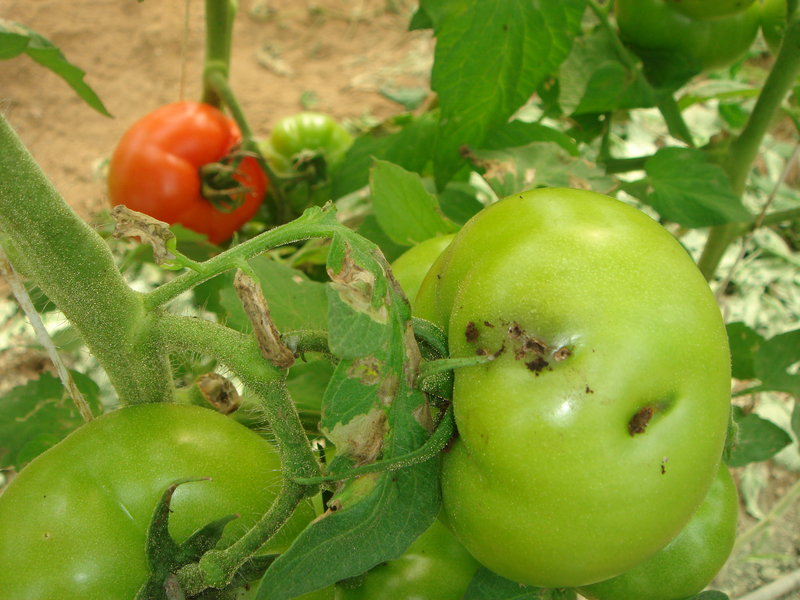
Thousands of tomato farmers in Kenya suffered extreme losses in the last two years after a devastating pest infested and destroyed their precious crop. Measuring a mere 7mm, this invasive pest -Tuta absoluta commonly known as the Tomato leaf miner is considered a serious threat to tomato production worldwide. Tuta absoluta can destroy an entire tomato farm, whether in the open field or in a greenhouse, if effective control measures are not employed.
It is against this backdrop that Koppert Biological Systems Kenya has partnered with Kenyatta University and Koppert BV Netherlands in a Food & Business Applied Research Fund (ARF) project meant to tackle the two greatest threats to tomato farming -Tuta absoluta and Fusarium wilt-Nematode complex. This is in a bid to salvage an industry that rakes in approximately KES 14 billion annually. The project has been funded by the Netherlands Organisation for Scientific Research (NWO) and will involve farmers in Mwea area of Kirinyaga County, one of Kenya’s leading tomato production regions. Additionally, the project also seeks to enhance and facilitate knowledge exchange and dissemination whilst building the capacity of farmers, agricultural extension officers and other stakeholders.
Pesticide use not sustainable
What many farmers may not know is that pests like Tuta absoluta, which have a short generation time and high reproductive potential, are at an increased risk of developing resistance to insecticide use. In many countries that have fought this scourge, for instance South America, pesticide use has already proven to be an unsustainable management option. Resistance of the pest to various chemical pesticides have been reported in Brazil, Chile and Argentina. To avoid a similar predicament, a shift in current pest management practices in Kenya is necessary. An Integrated Pest Management (IPM) strategy that employs a holistic integrated approach is likely to enhance the control of T. absoluta and other pests.
IPM is an ongoing, dynamic system that requires regular review and adjustments of pest control methods for optimal results. With this in mind, the Koppert-Kenyatta University project aims to provide Tomato farmers with potent & environmentally friendly pest control solutions and validate the use of these IPM strategies to control Tuta absoluta and Fusarium wilt-Nematode complex in Tomatoes.
The role of biological control
At the heart of this campaign are three superior solutions touted as key in tackling the twin tomato problems.
1 The first one is Trianum-P, a biological fungicide that protects plants against various soil borne pathogens like Fusarium, Pythium, Rhizoctonia and Sclerotinia. Trianum-P also increases plants’ uptake of nutrients by promoting development of a healthier root system and increasing availability of macro and micronutrients.
2 Secondly, is the NatuGro system is a comprehensive approach which consists of a mix of beneficial biological micro-organisms, plant-specific substances supplemented with professional advice. NatuGro helps plants develop more resistance to attacks, soil borne diseases are tamed while nematodes are managed effectively through enhanced root development eventually increasing yields.
3 Pherodis Tuta absoluta (sex-specific pheromone) in combination with Deltatraps and Tutasan watertraps on the other hand are crucial in monitoring and mass trapping of the adult Tuta absoluta male moths. This strategy helps in early detection of the pest and curbs the multiplication before they cause any serious damage. This biological cocktail combined with judicious use of chemical pesticides promises a formidable force in taming out these troublesome diseases and pest.